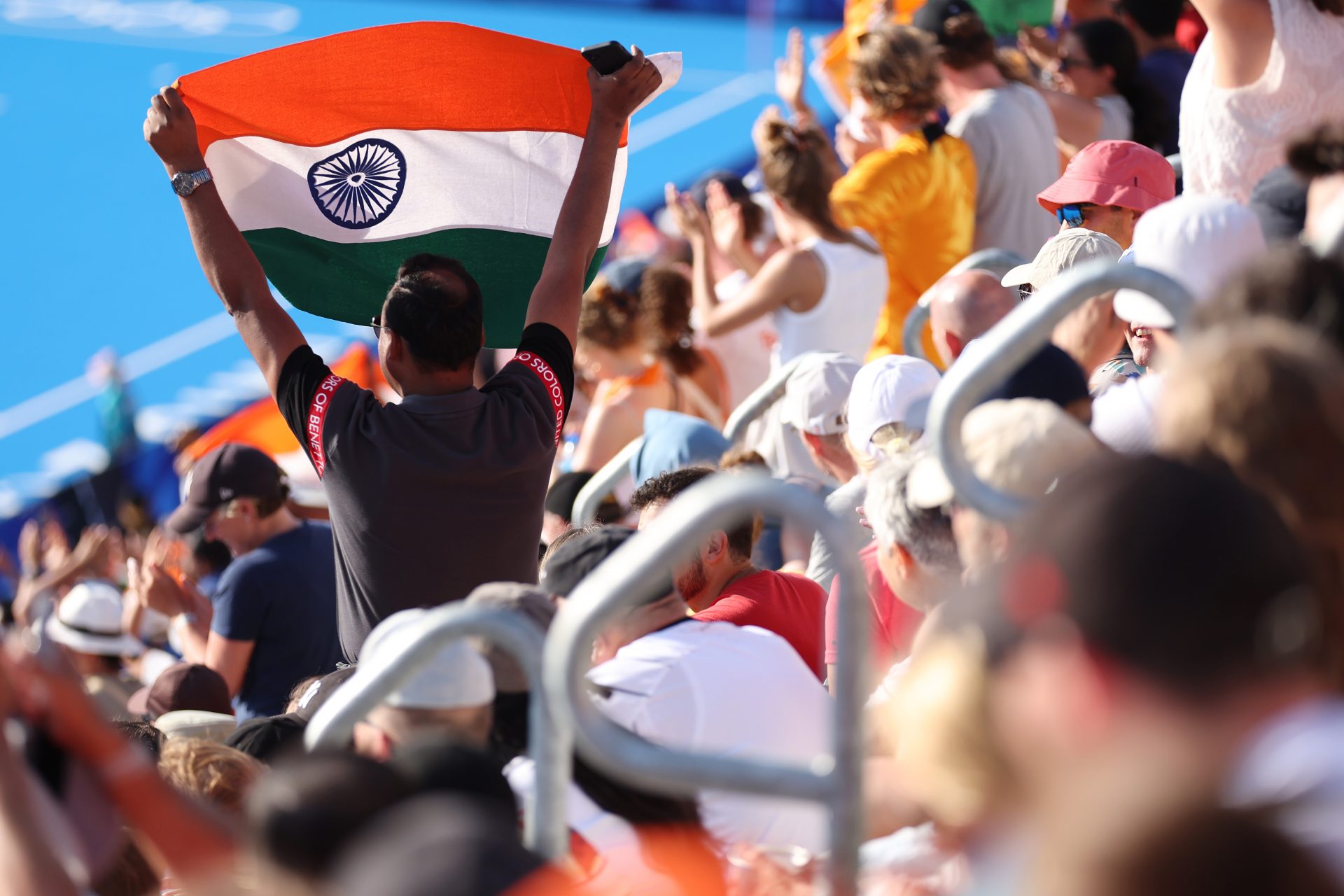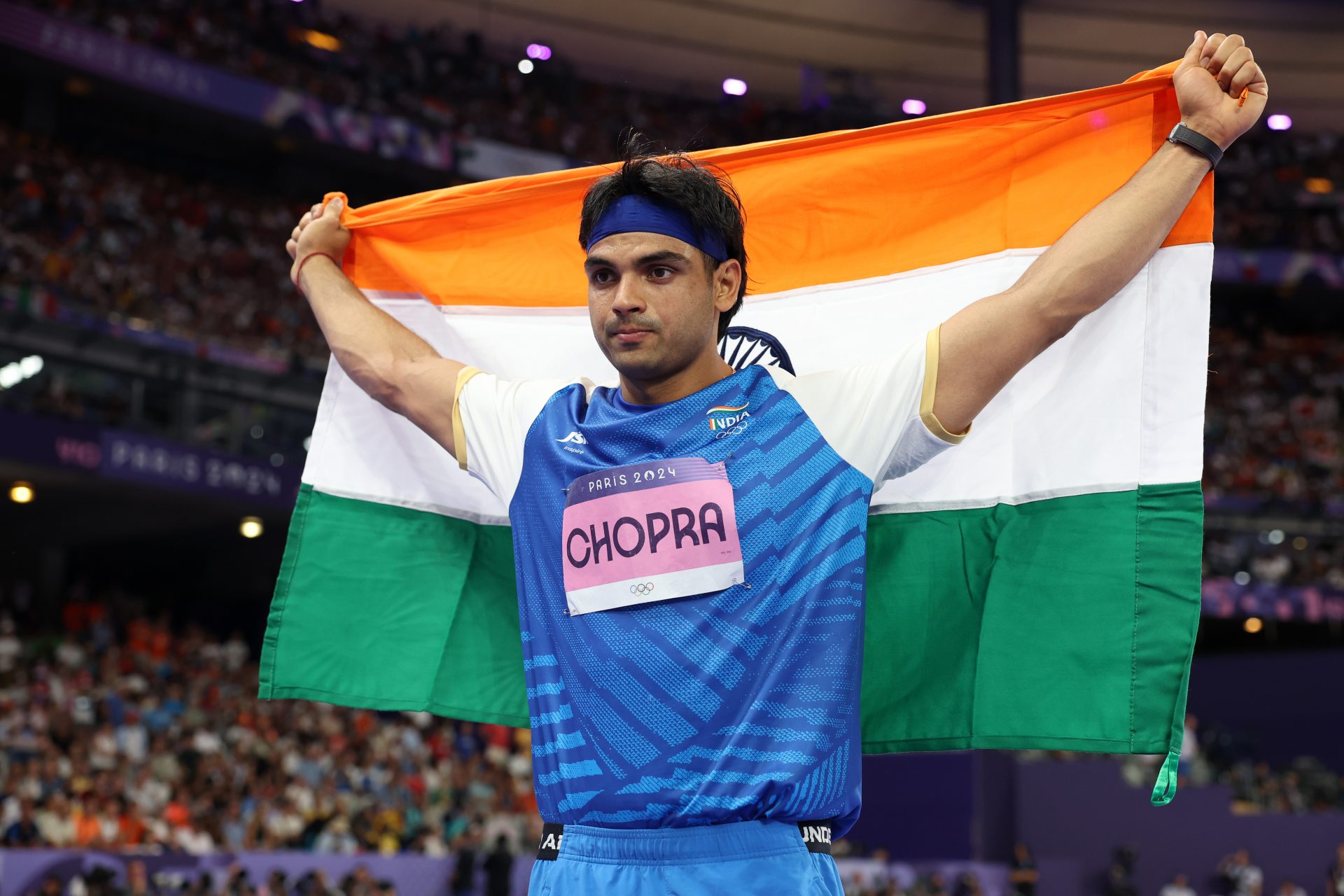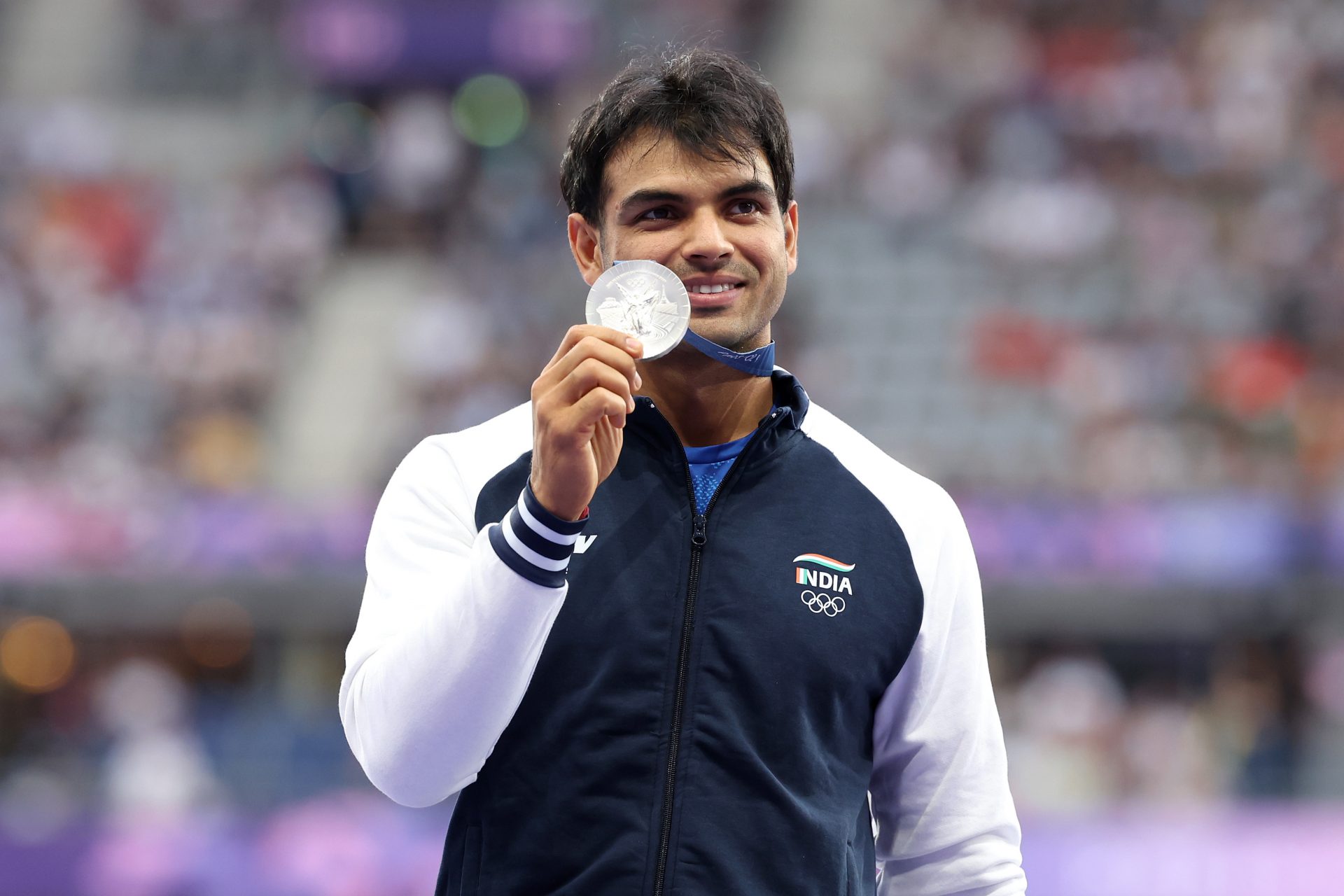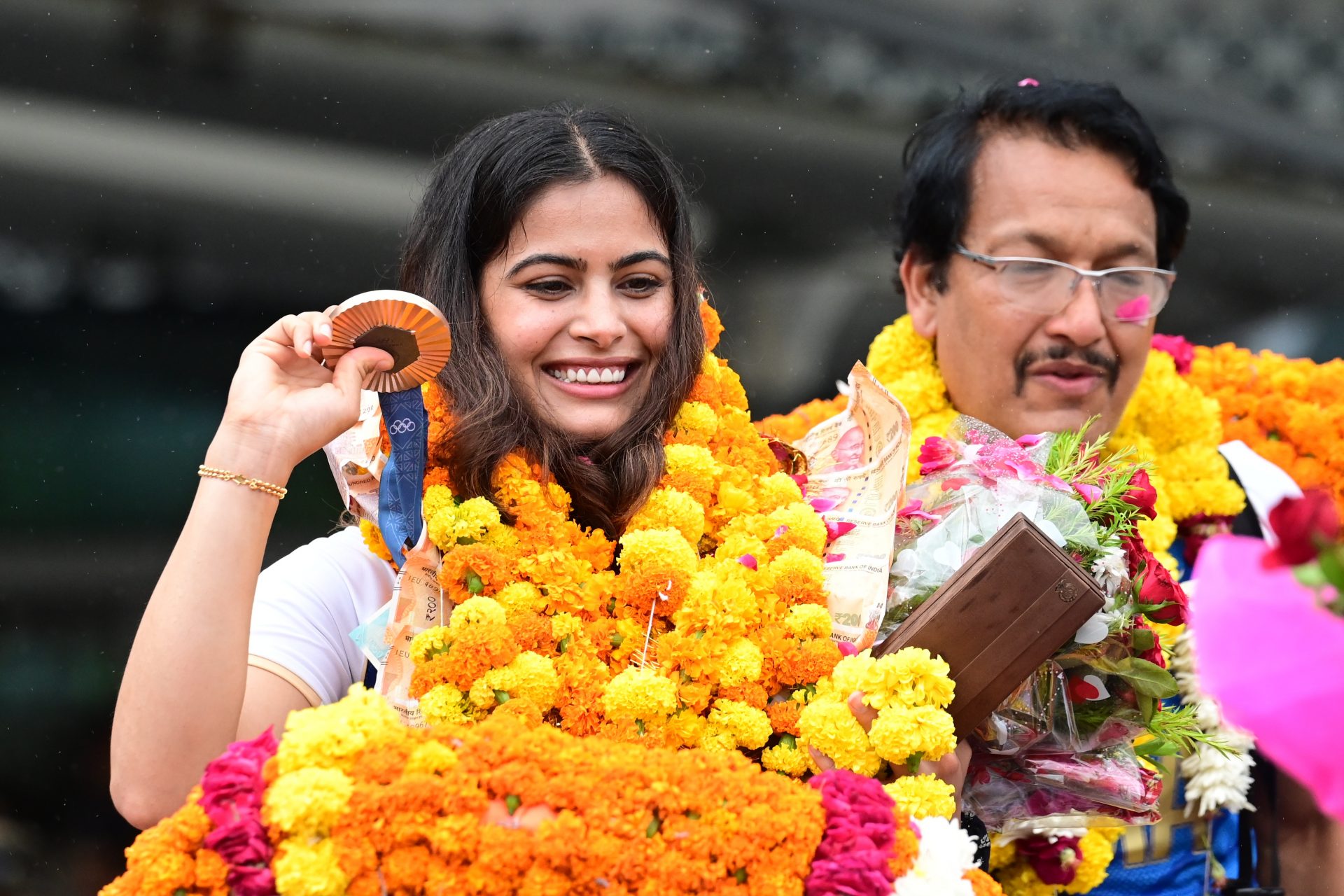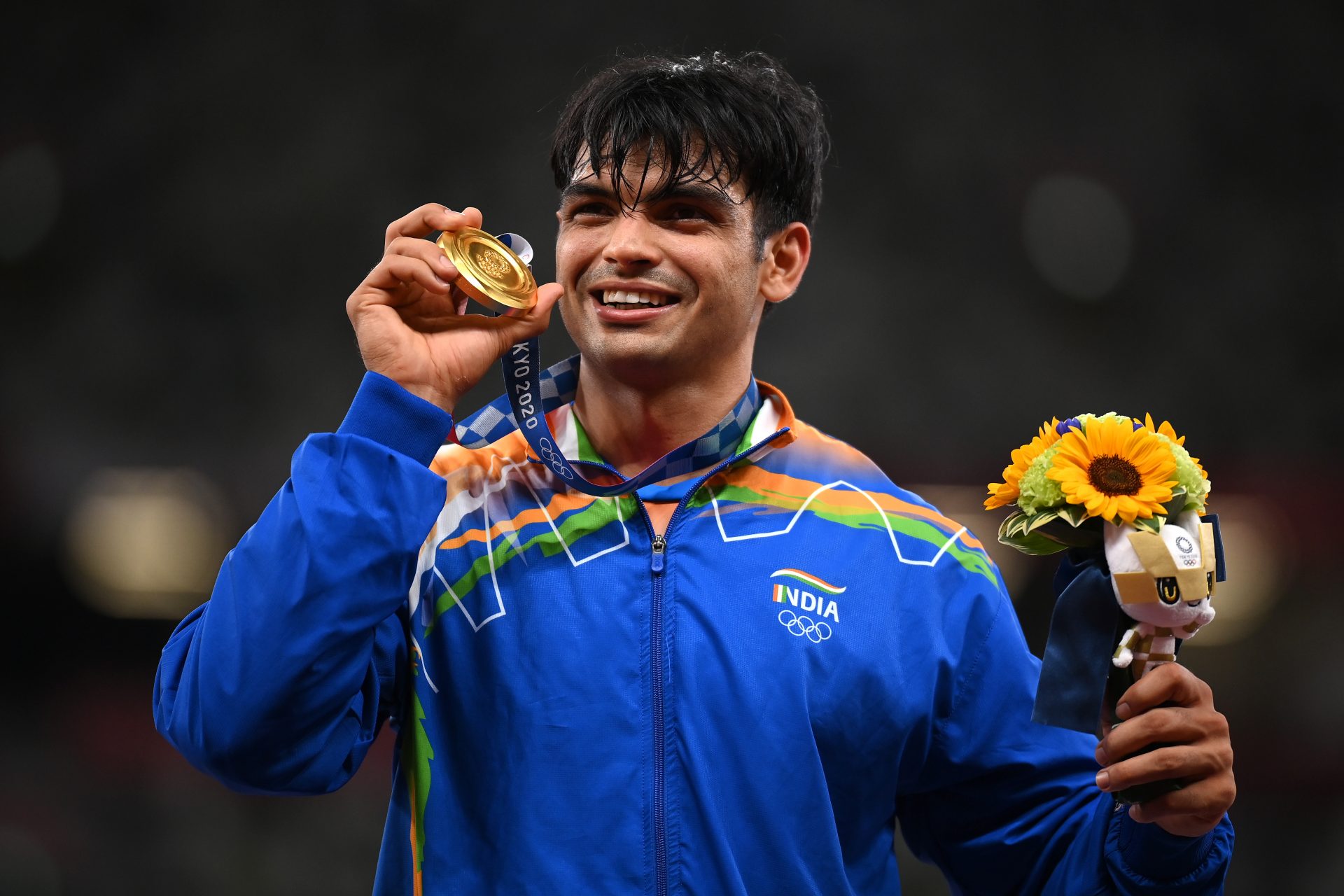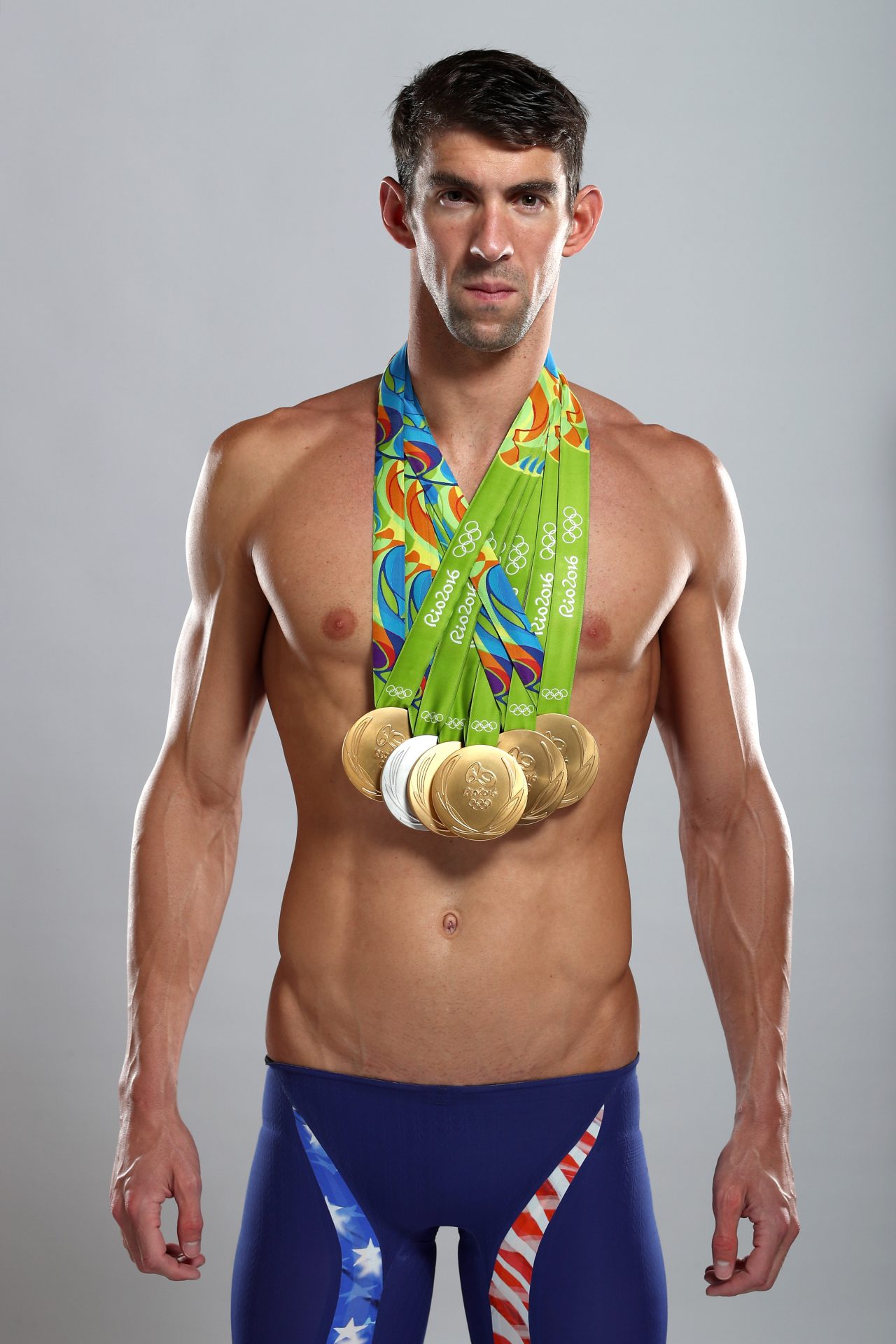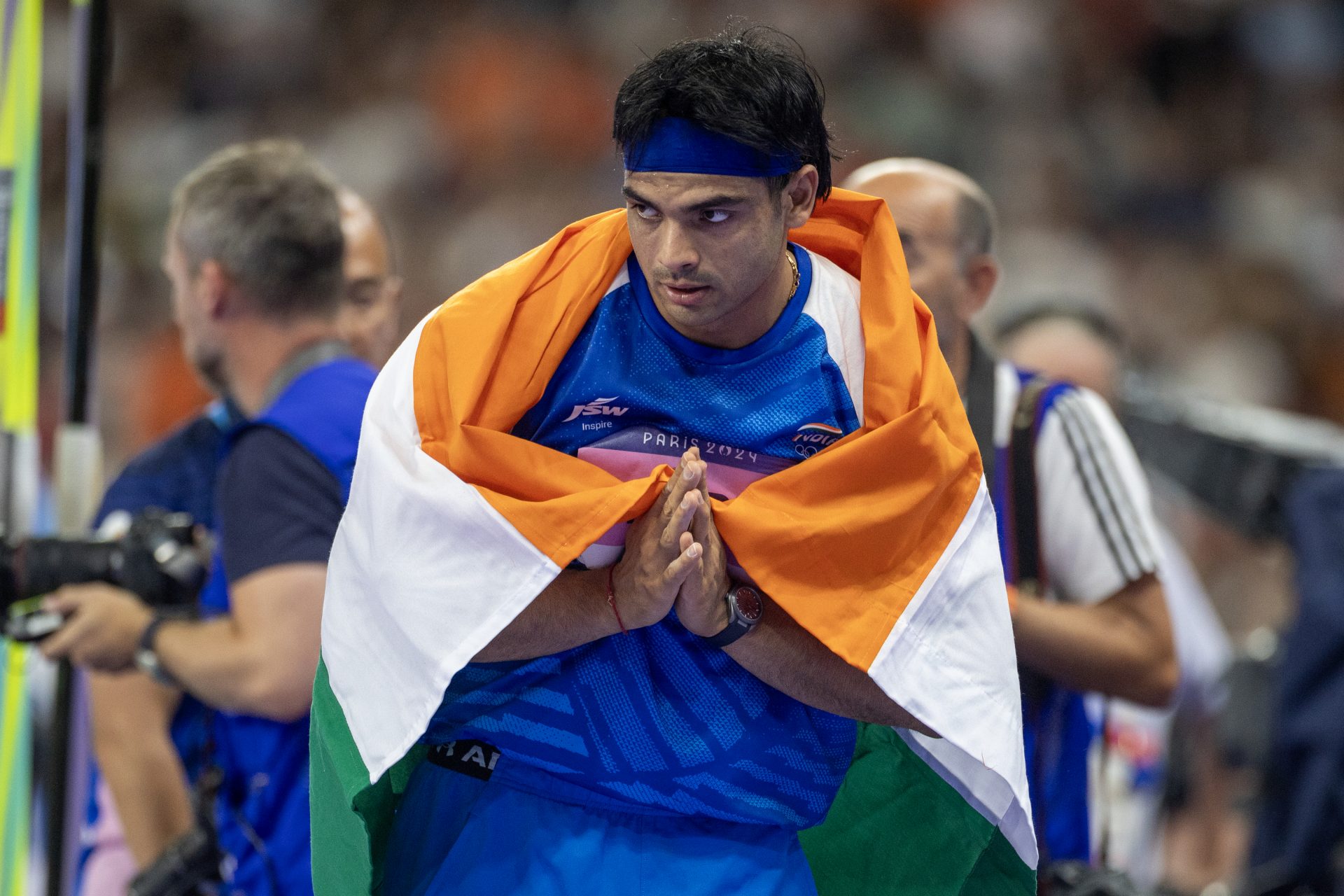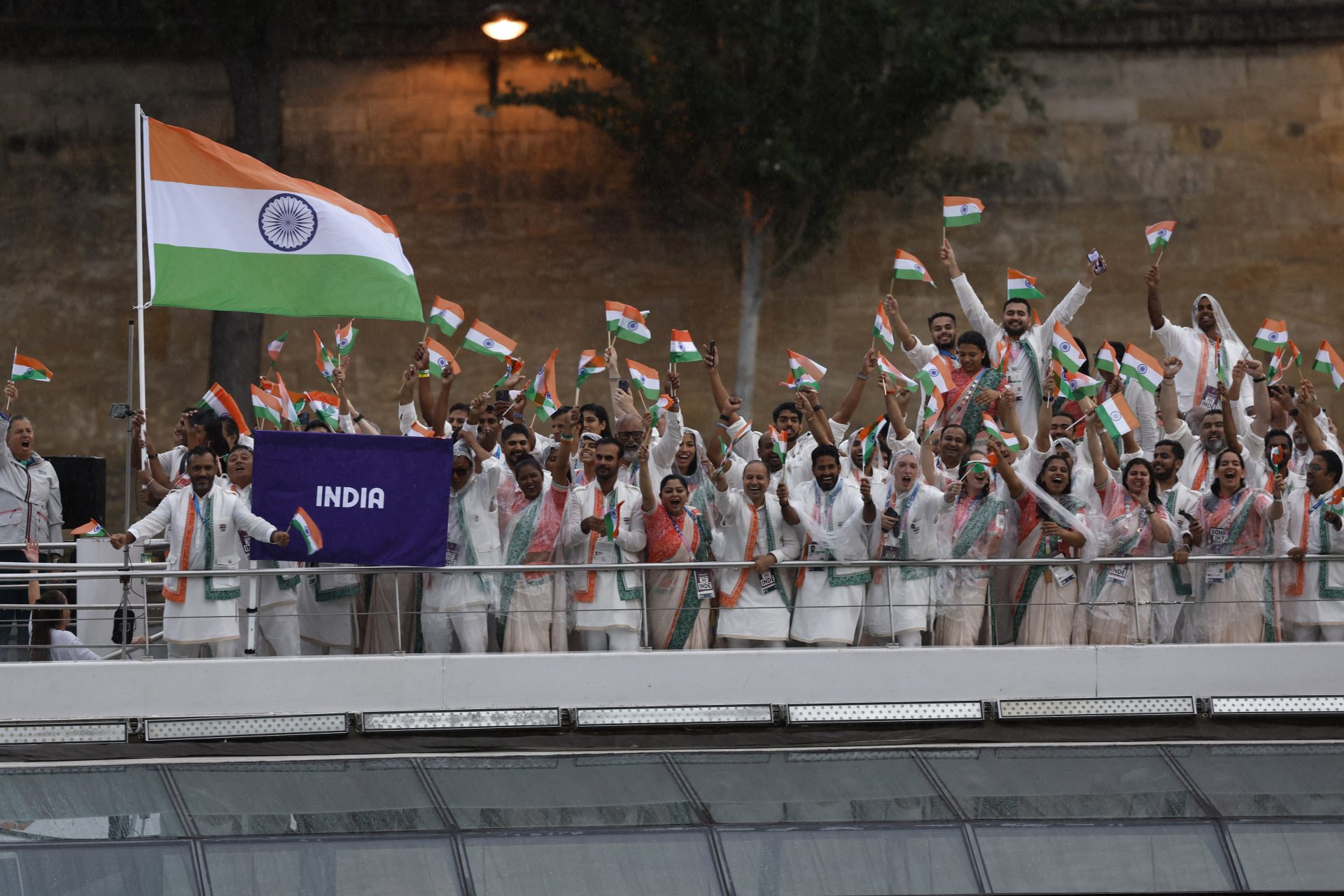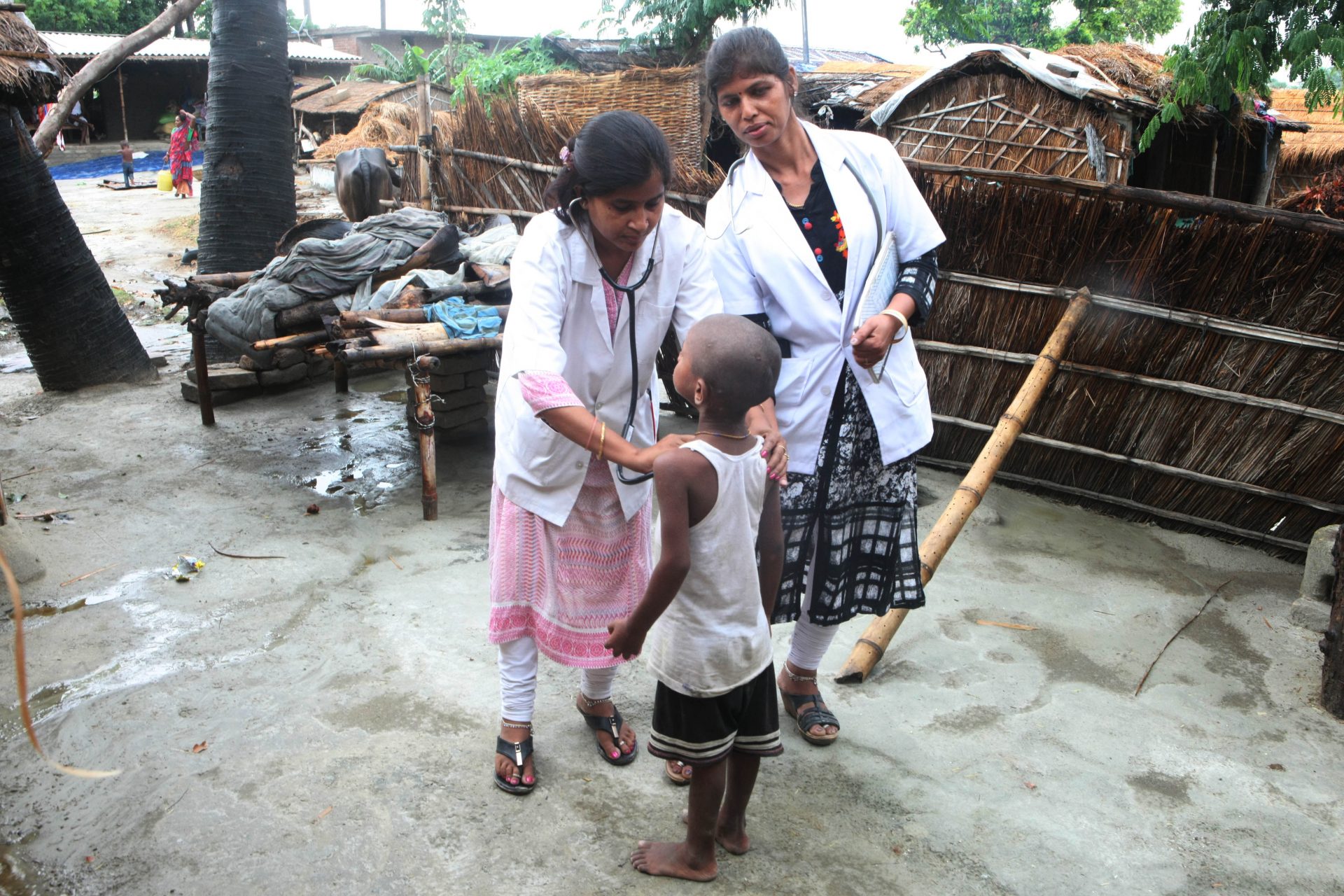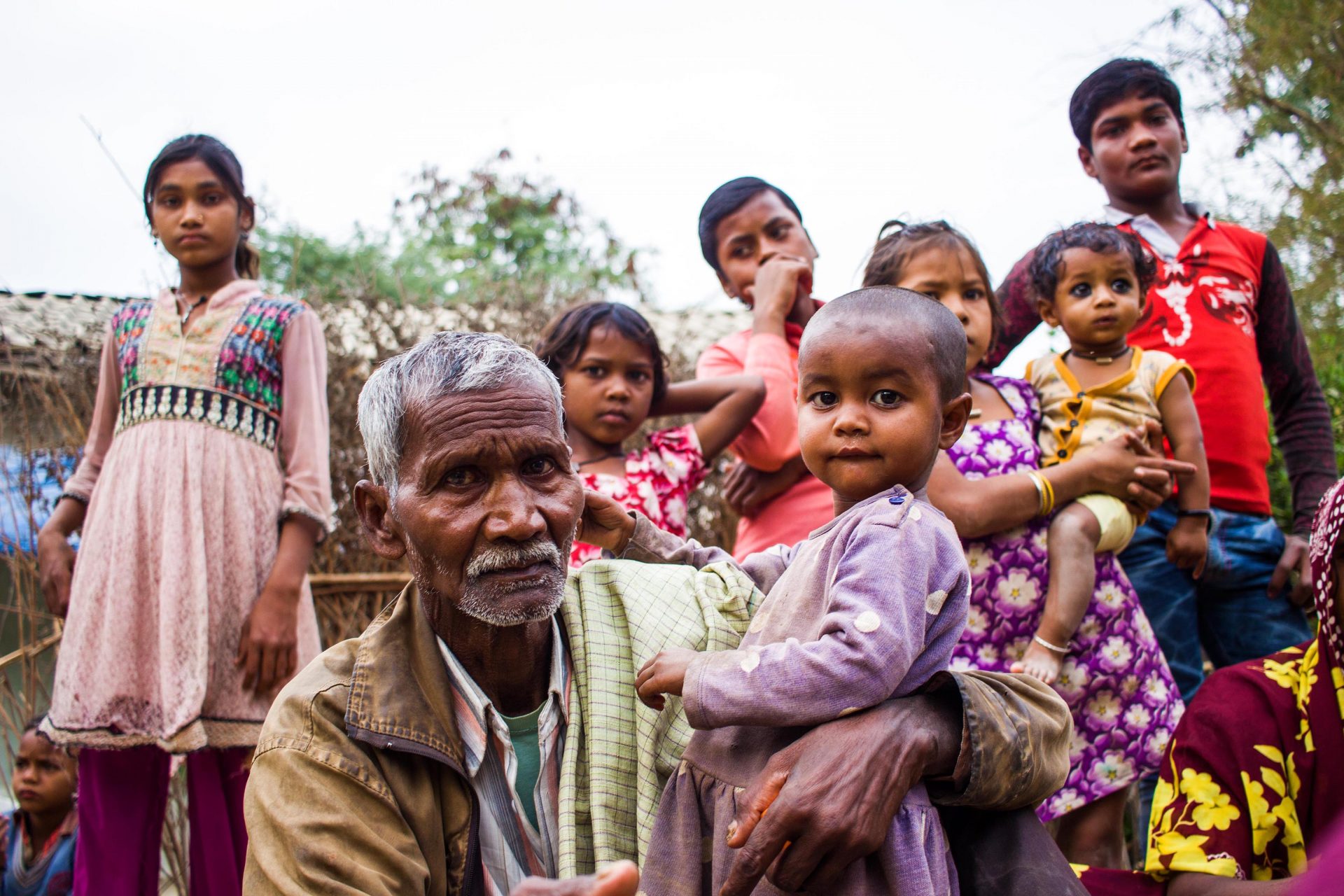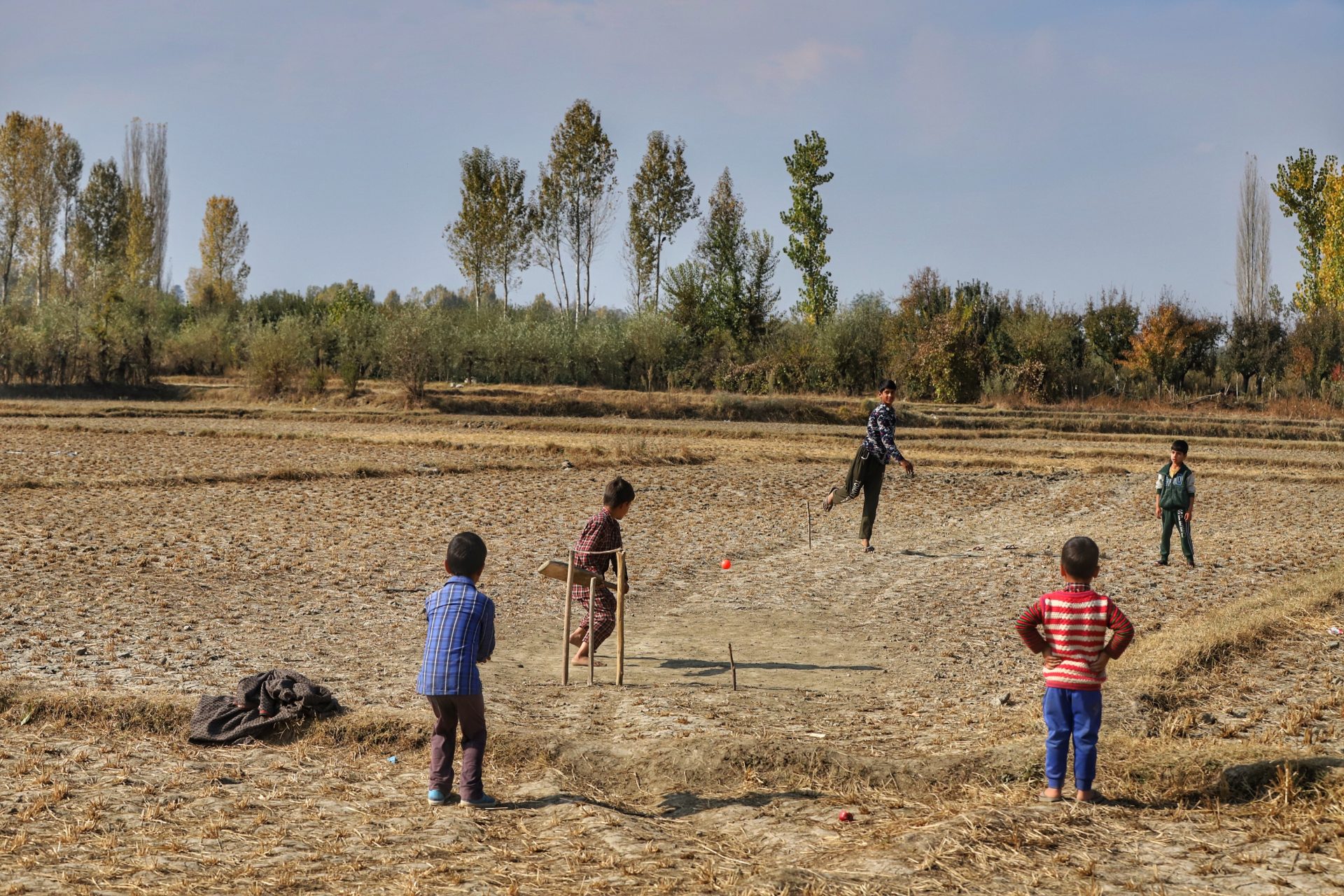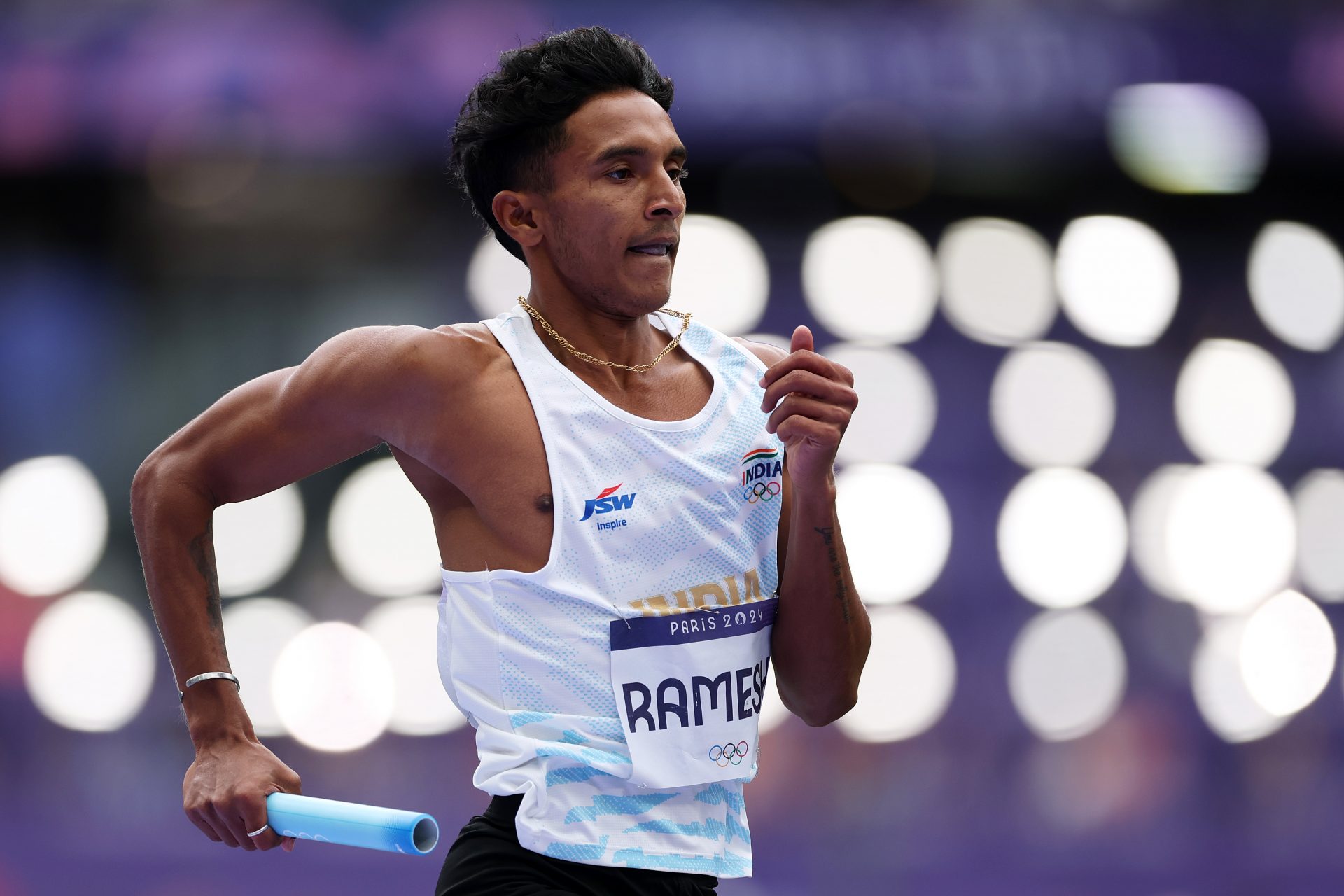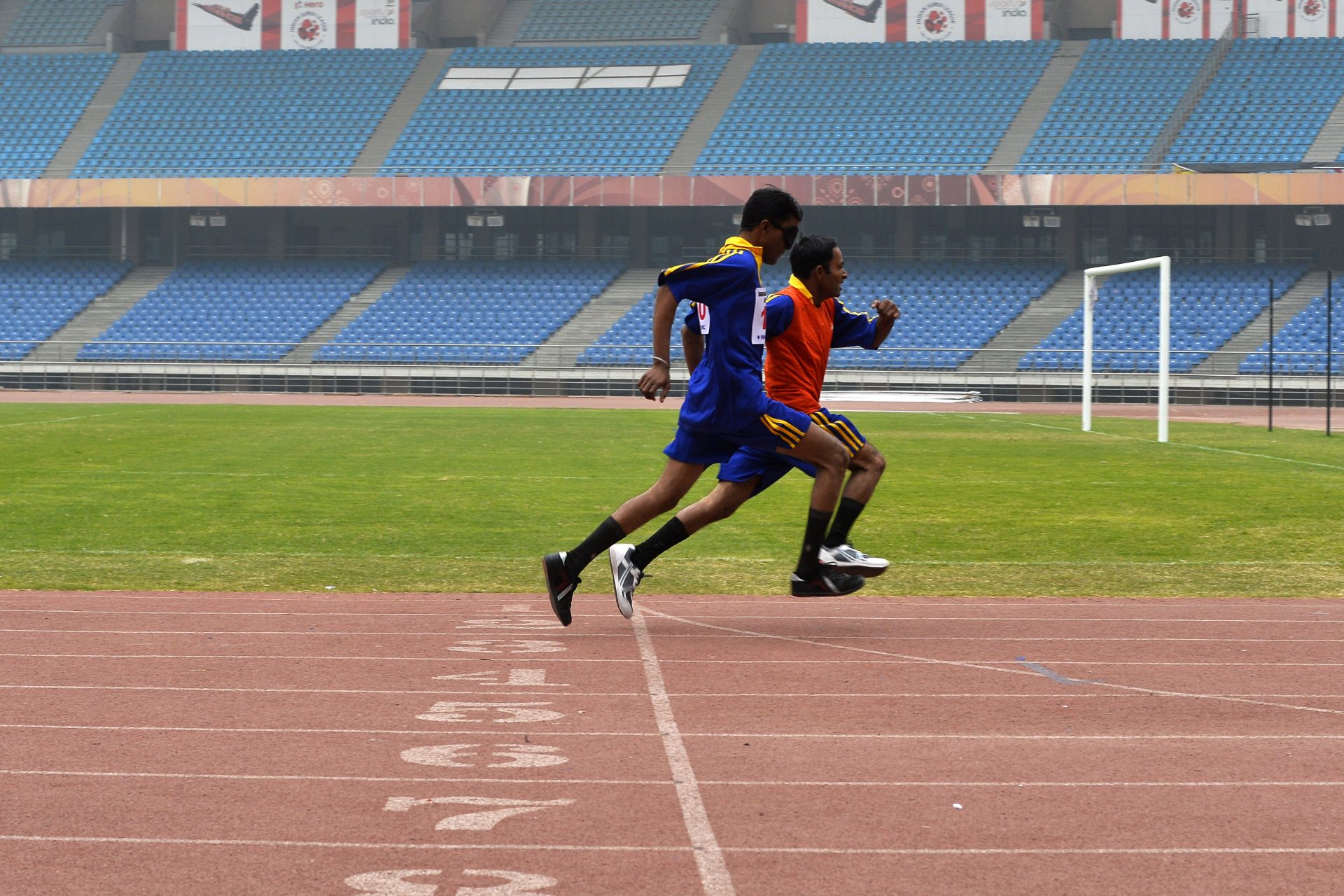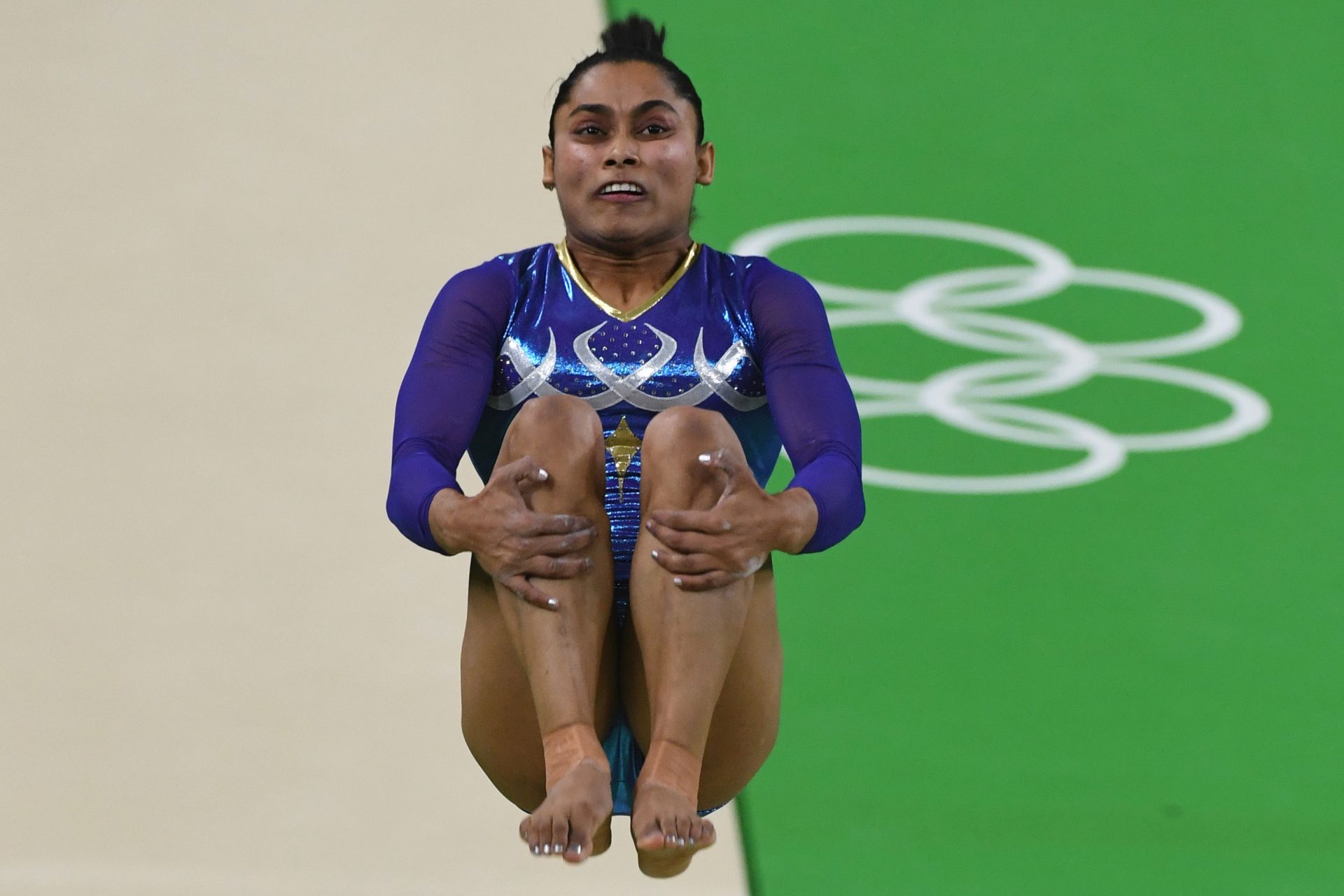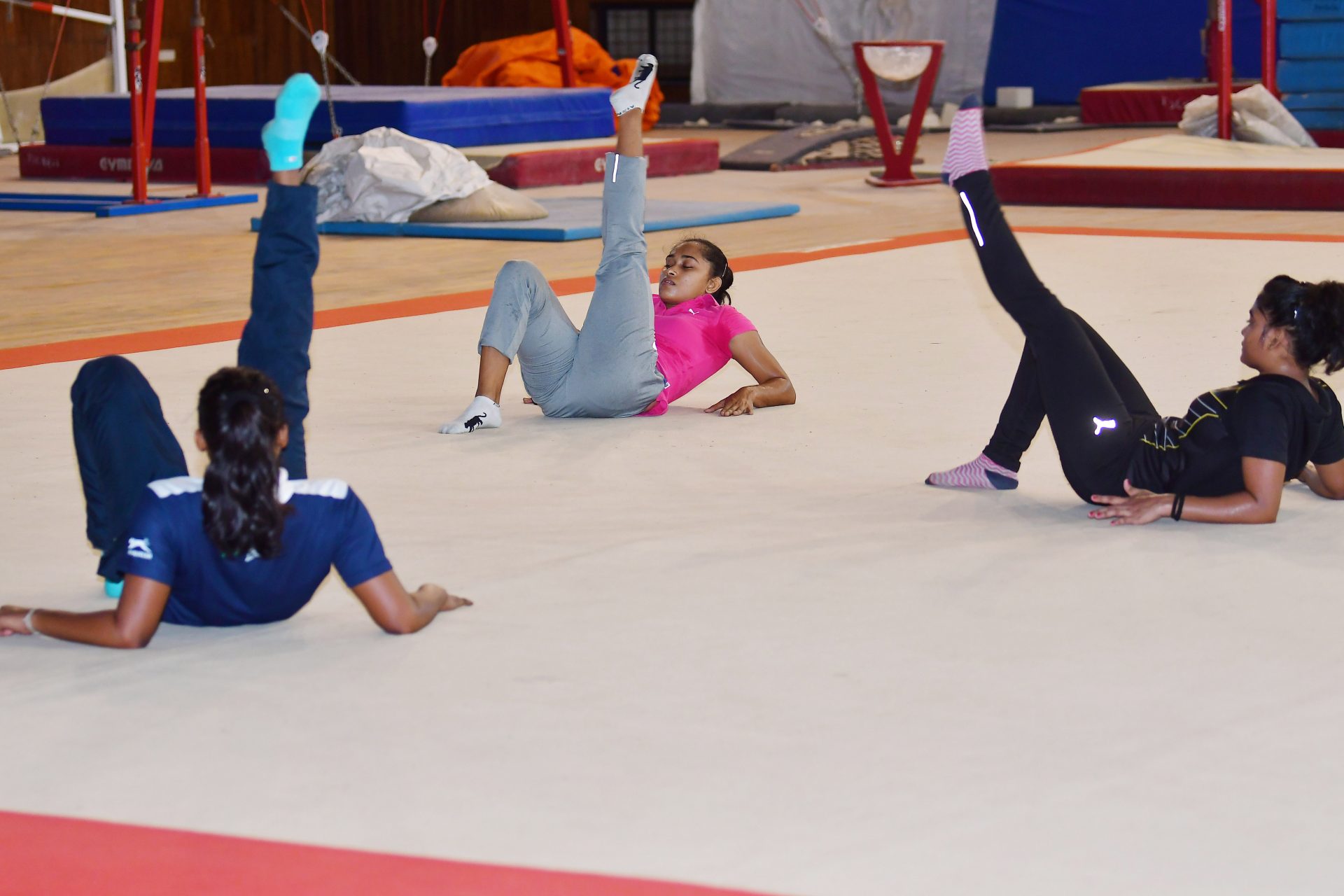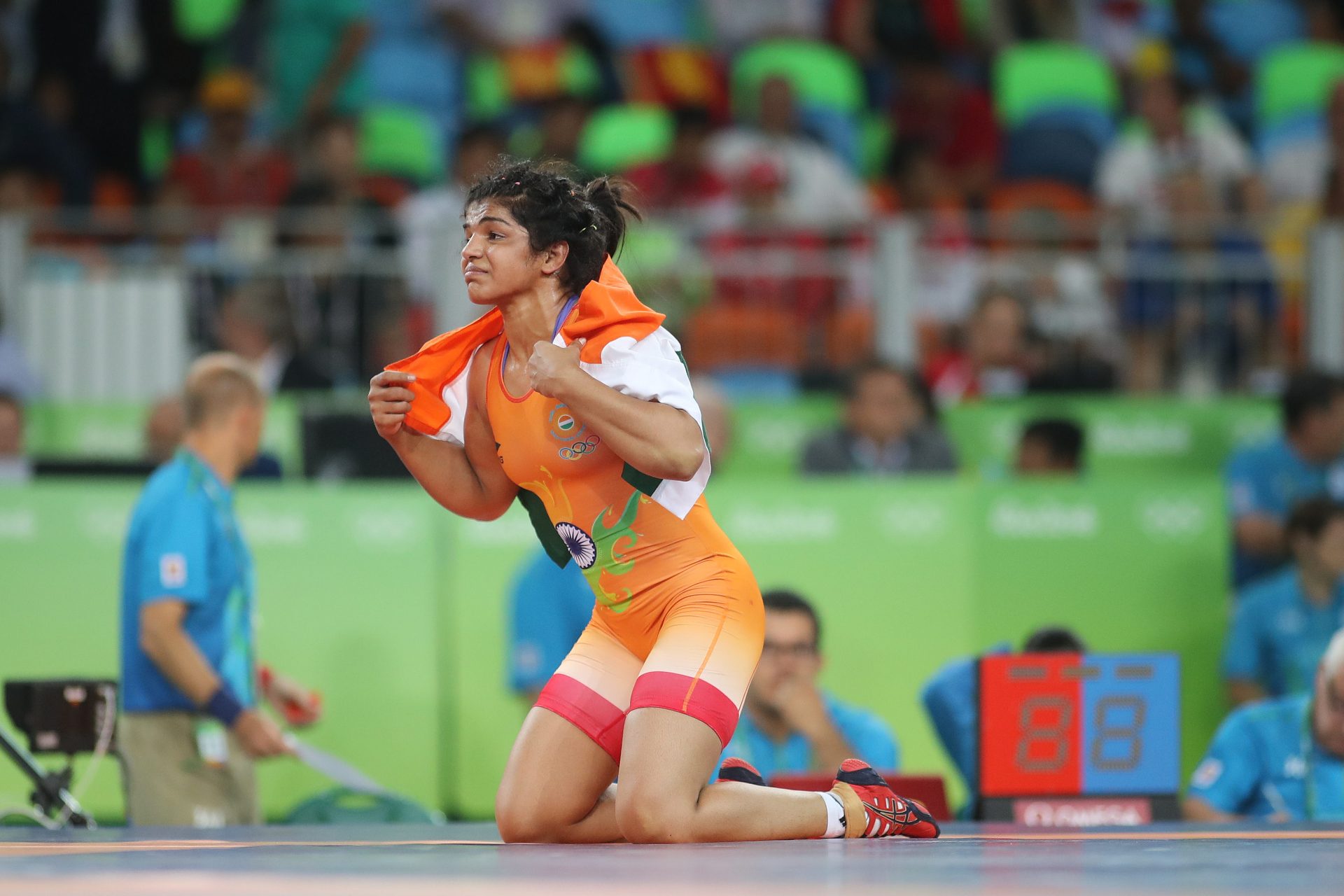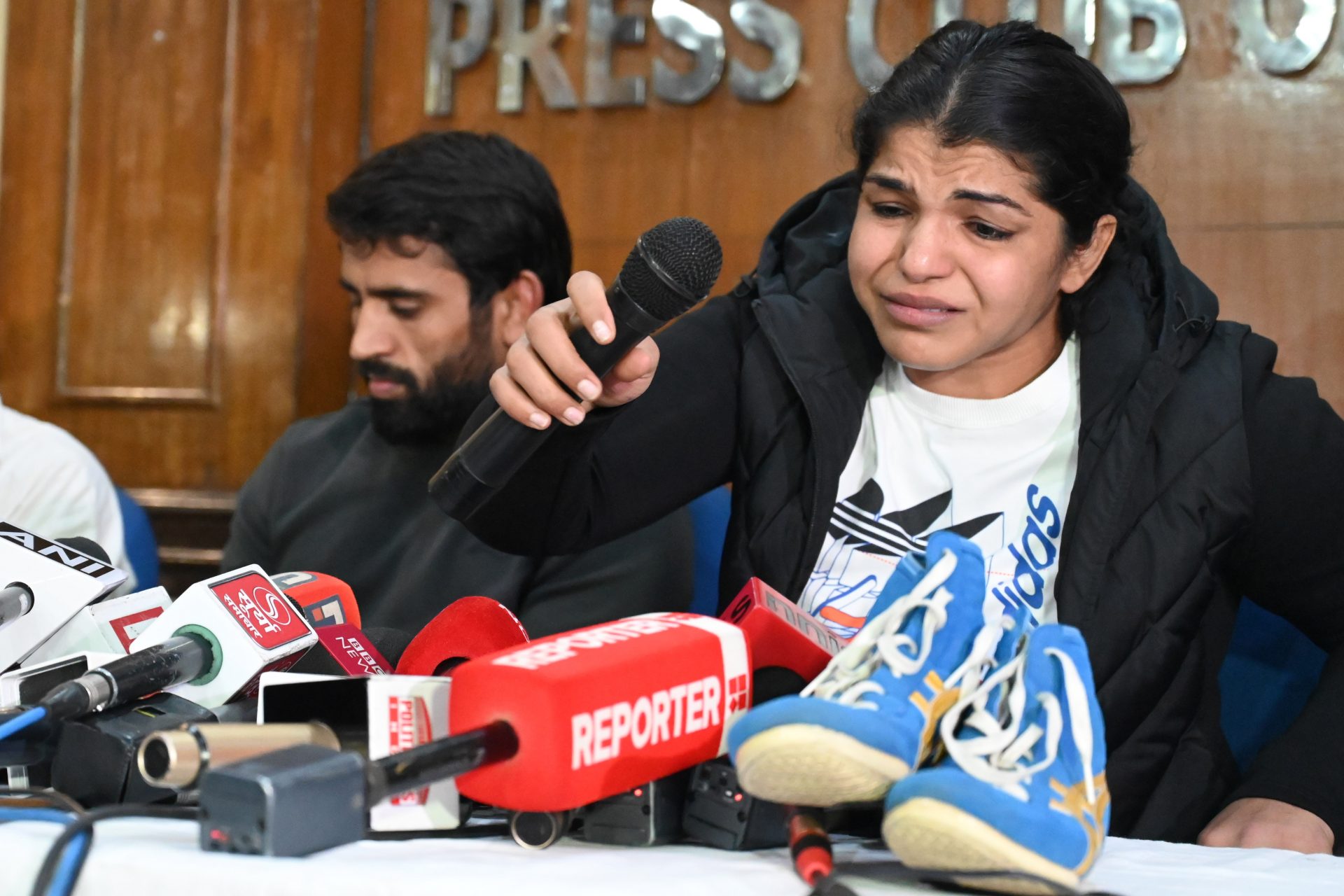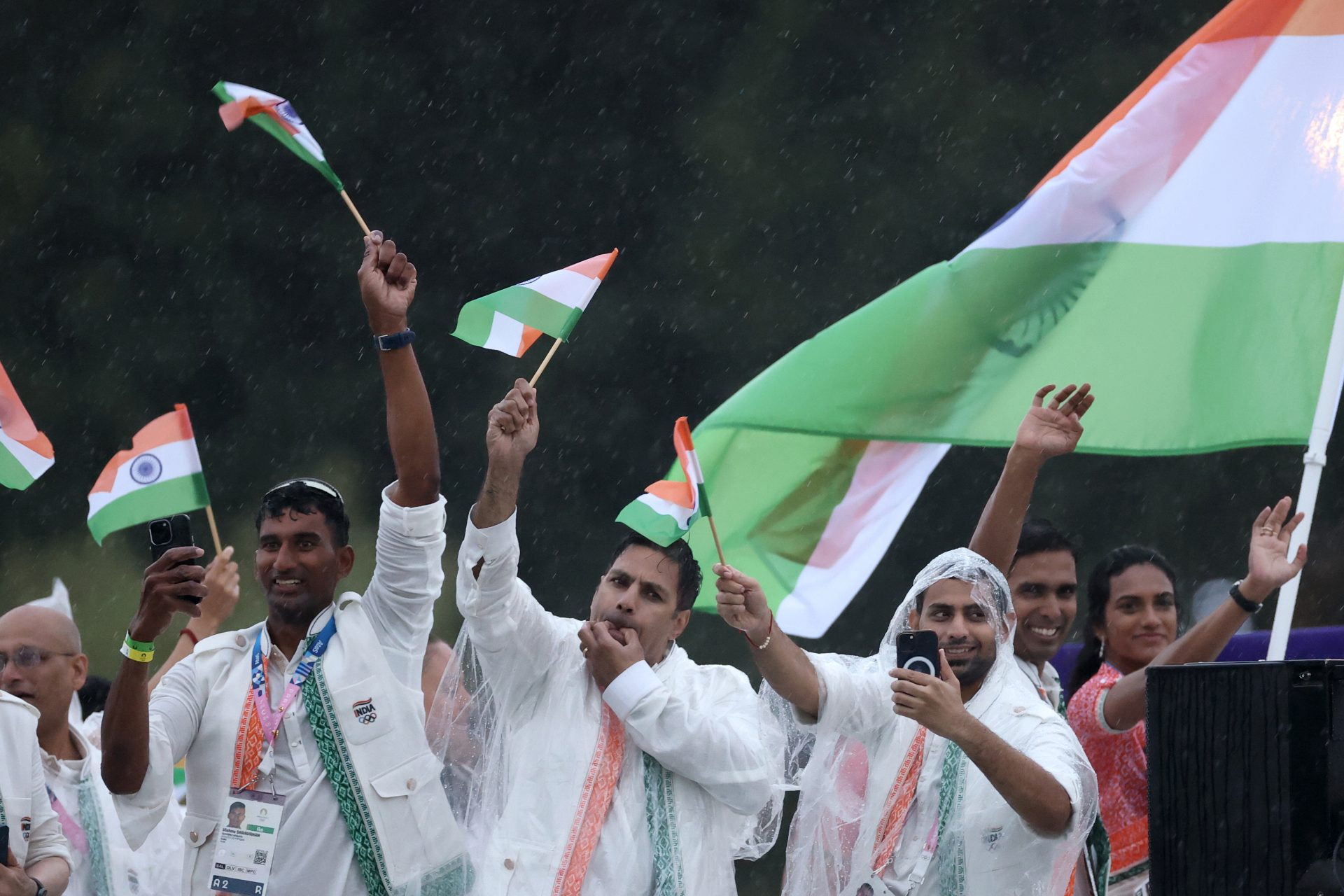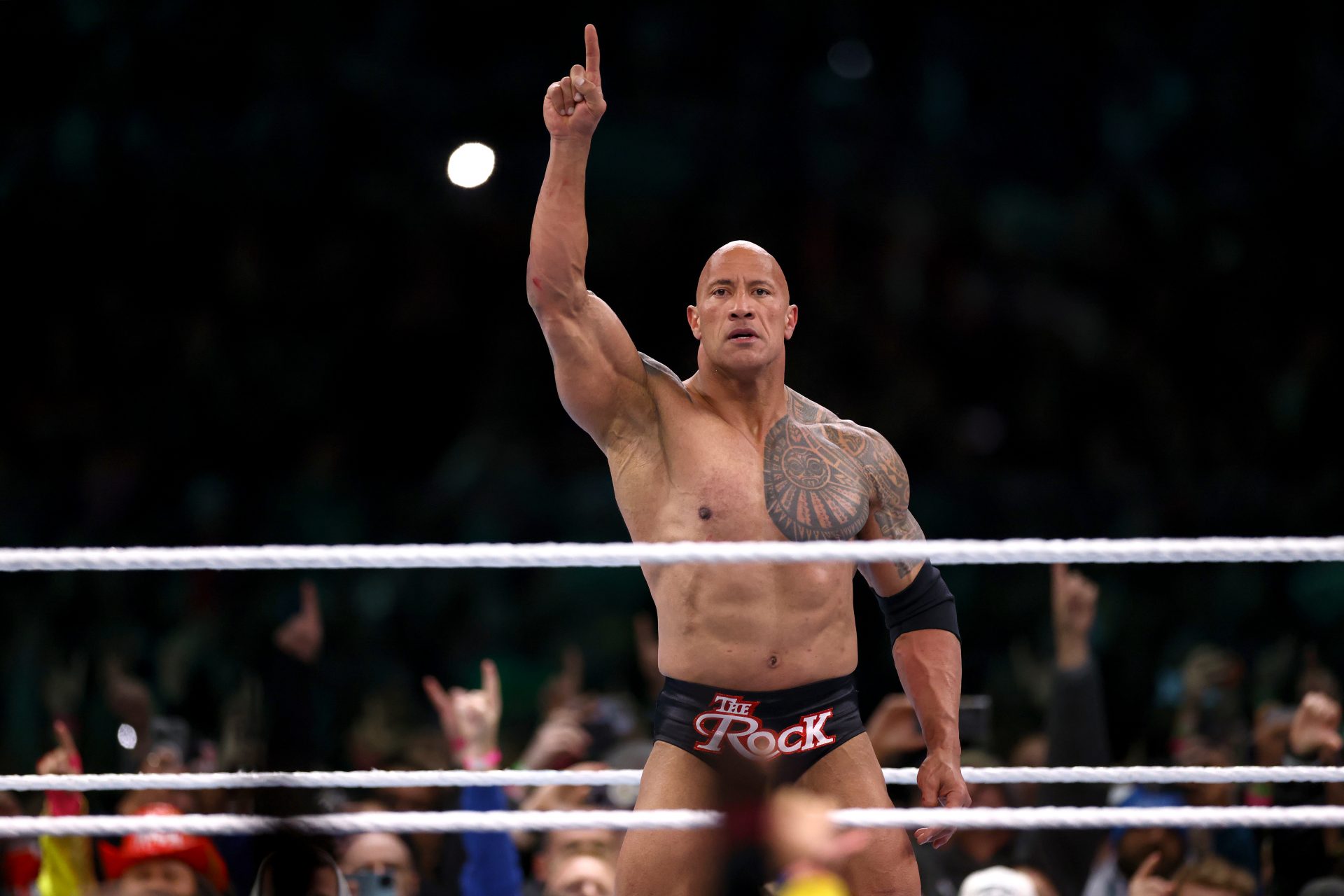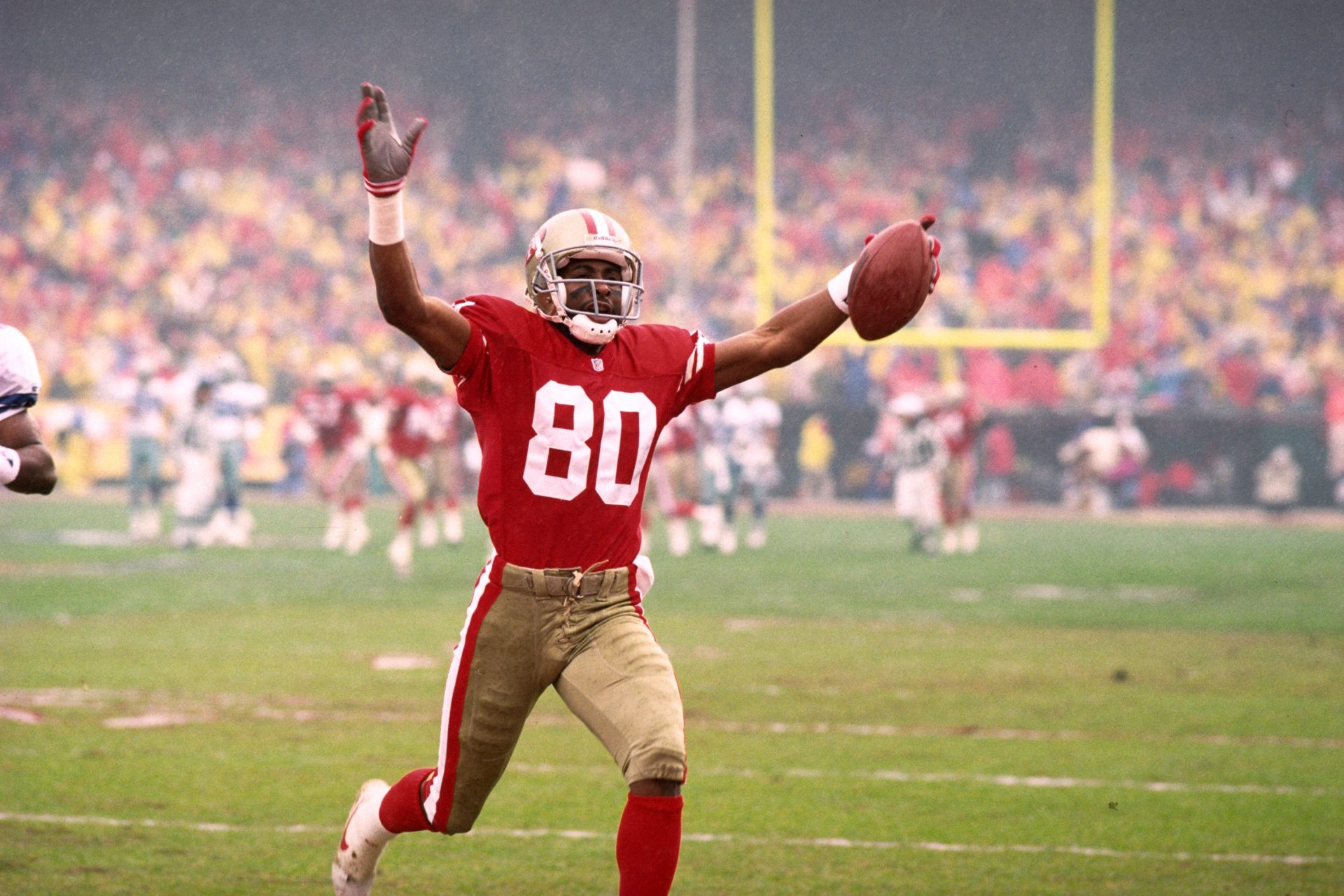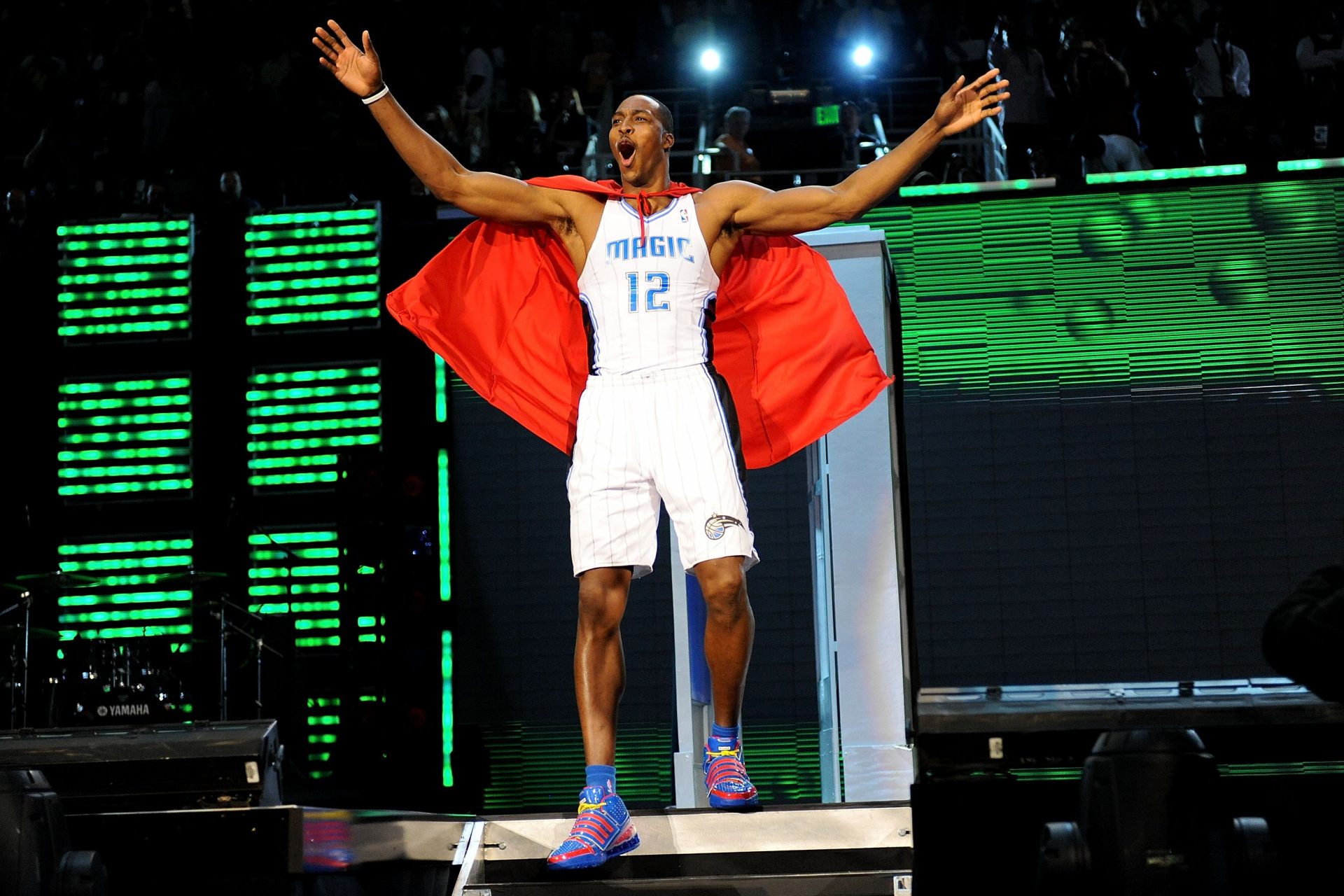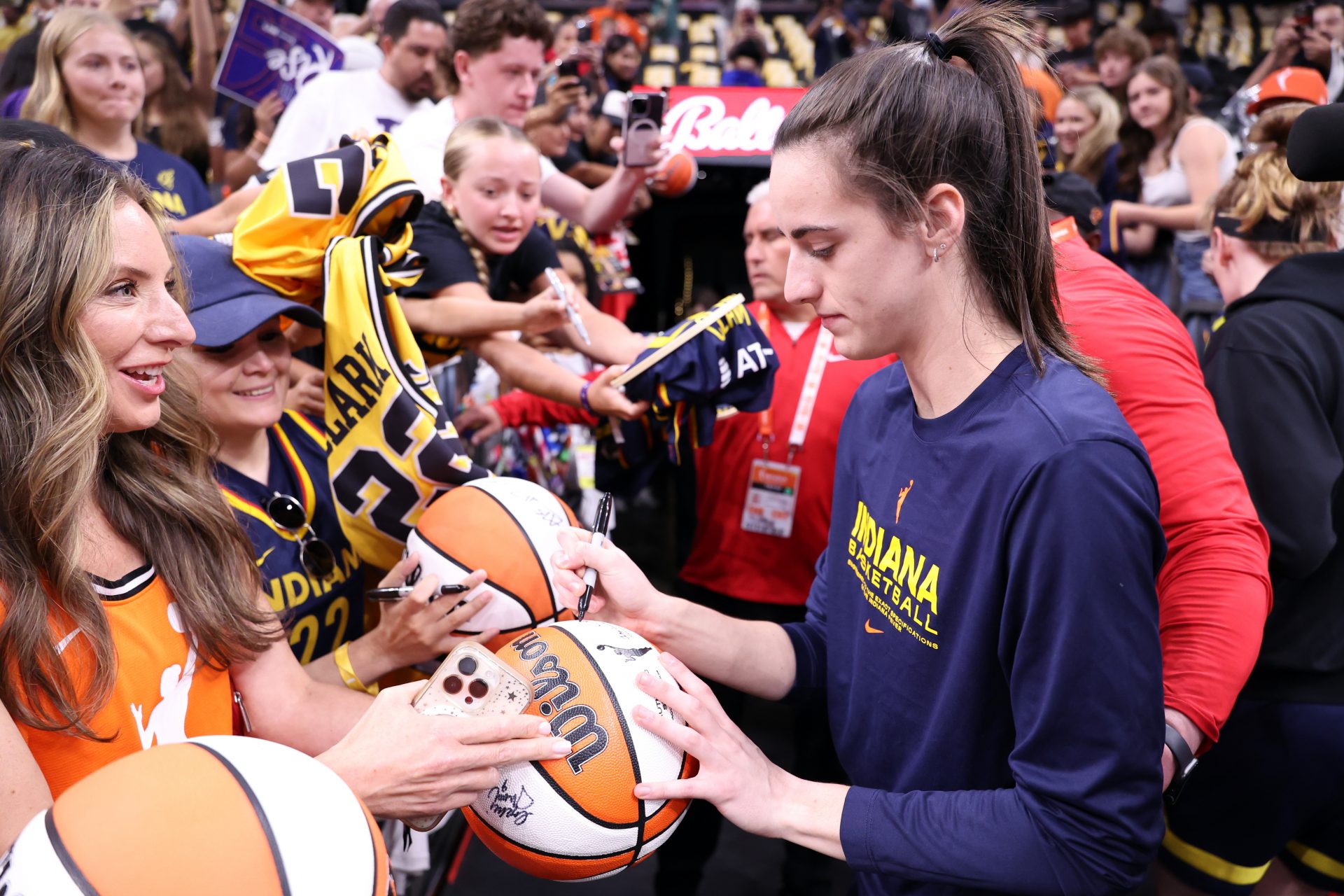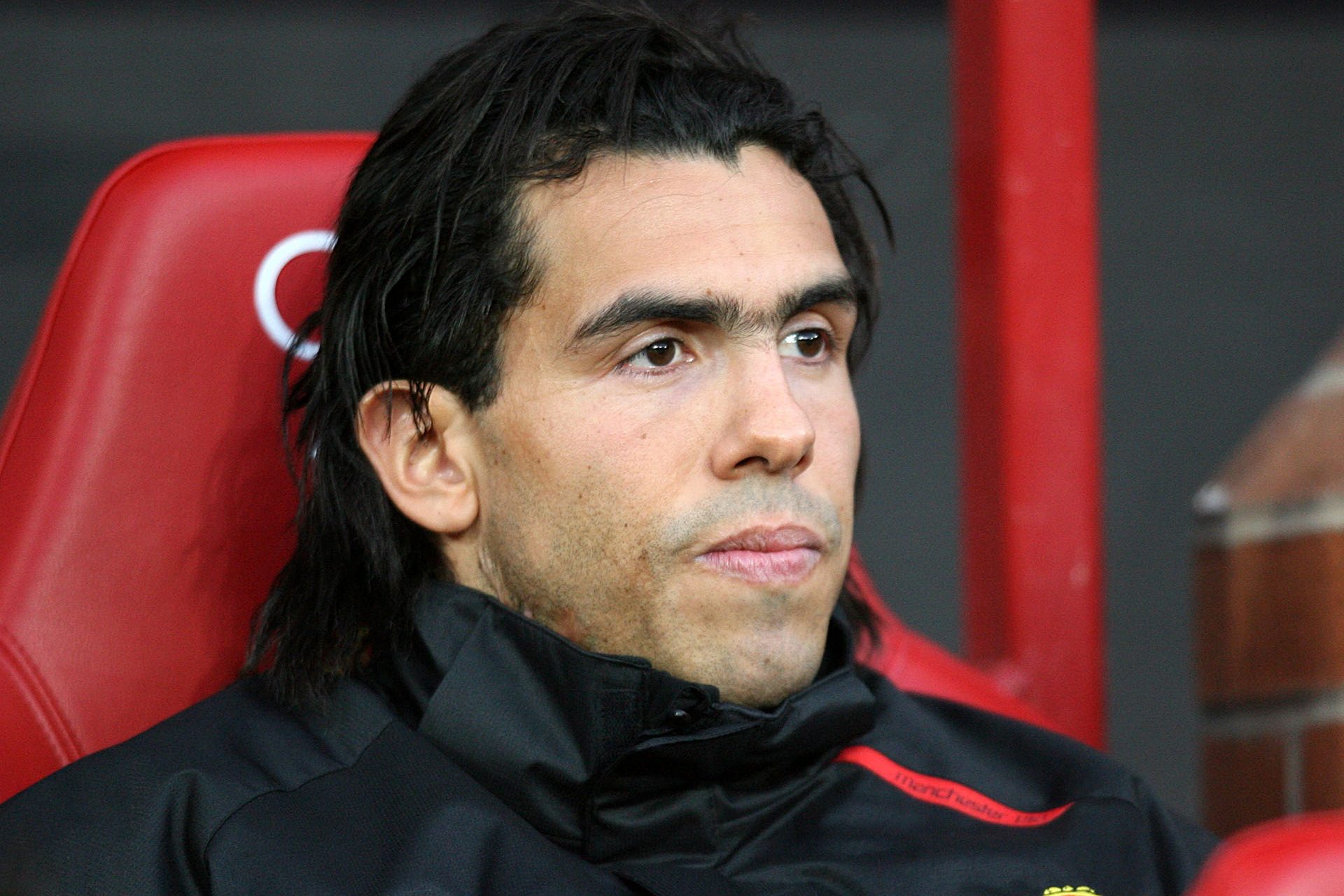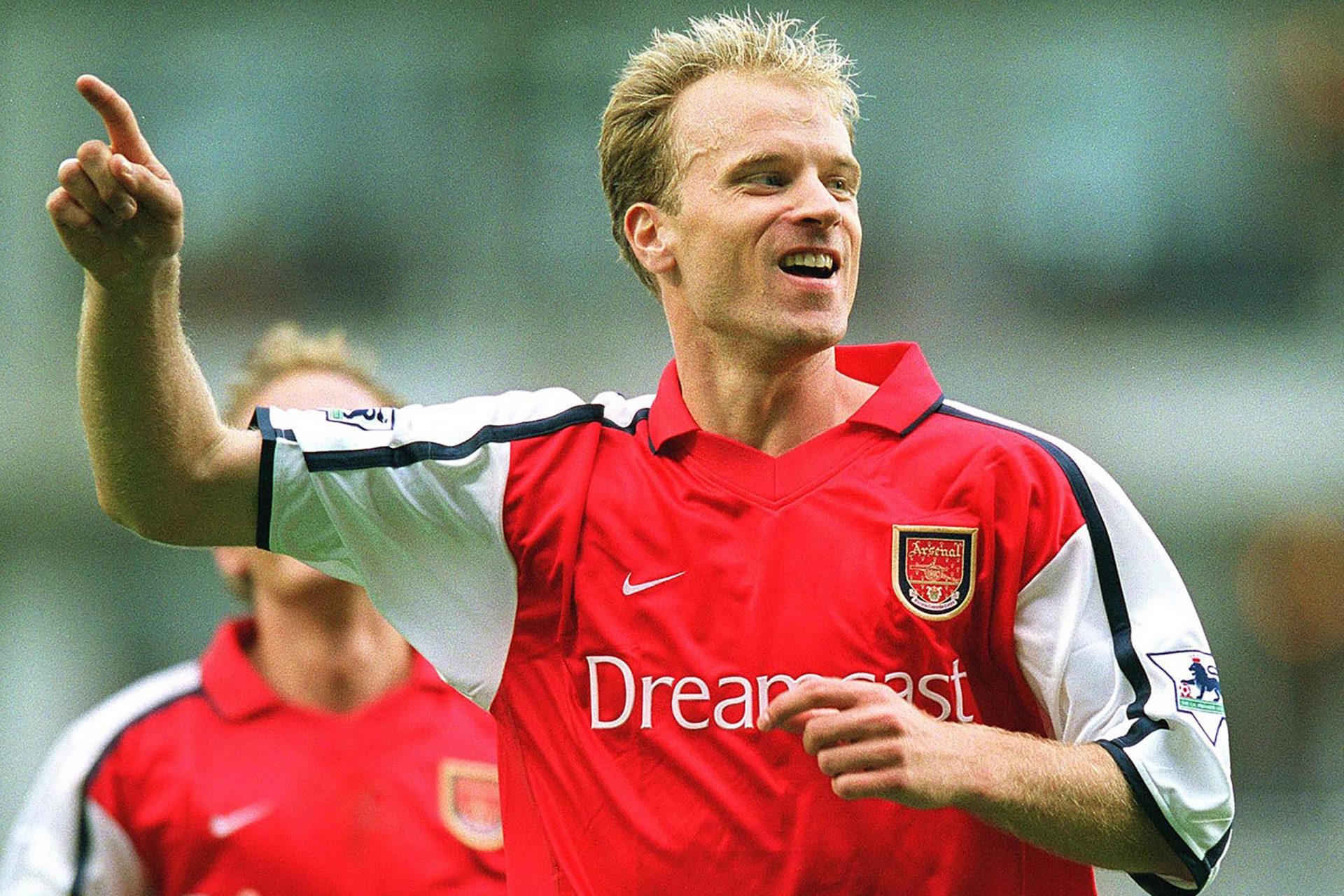6 medals, 1.4 billion people: India's nightmare Olympics explained
With a population of 1.4 billion people, India is the most populous country in the world. However, that was not reflected in the 2024 Olympics, which were nothing short of a nightmare for the country. Why did India perform so poorly in Paris?
It took 13 days for India to win a medal better than a bronze at the Paris Olympic Games, with men's javelin hero Neeraj Chopra winning a silver medal.
Winning five bronze medals and a silver is a sour reading for Indian people, especially when much smaller countries like Hong Kong, Taiwan, and Cuba have bigger medal tallies.
Want to see more like this? Follow us here for daily sports news, profiles and analysis!
According to the Olympic website, India finished 71st in the medal rankings in Paris and finished one medal shy of their best total at the Games (7 at the Tokyo Games).
Abhinav Bindra's gold in the 10m air rifle at the 2008 Beijing Olympics and Chopra's gold in javelin three years ago are the only gold medals the country has won in the past three decades.
The Independent reports that India has won 28 medals in the past 36 Olympic Games. The same tally as American swimmer Michael Phelps' record.
For the most populated nation on earth with so many sports-crazed fans, it's puzzling how India has never been a medal powerhouse at any Olympic Games.
For a start, India sends much fewer athletes than other countries. For example, in Paris, 117 Indian athletes were competing, compared with nearly 600 Americans.
CNN reports India faces much broader health challenges that impede development and stop children from competing in sports at an early age. India ranks 111th out of 125 countries in the 2023 Global Hunger Index report.
At 18.7%, it has the world's highest child-wasting rate, meaning the number of children is far too thin for their height. More than one-third of children under five are stunted due to malnutrition.
Ronojoy Sen, author of 'Nation at Play: A History of Sport in India,' said: "Until we address some of these basic concerns around nutrition, it will be very hard for us to achieve greater excellence at the highest level of sport where victories are counted in milliseconds."
Want to see more like this? Follow us here for daily sports news, profiles and analysis!
Boria Majumdar, sports analyst and author, said: "When people say 1.4 billion people and only (six) medals, that is a totally wrong headline because ... 1.39 billion people don't have access to sports facilities."
The Indian government has never poured money into a national training program like those of the heavyweight Olympic countries. With no access to adequate facilities, India has thousands of cases of untapped potential.
Olympian gymnast Dipa Karmakar said: "I didn't have any infrastructural support when I started. It was only after 2016 (when she came fourth) that I got a foam pit and good equipment."
Another challenge for Olympic progress in India is the additional barriers for women athletes, as India is still a deeply patriarchal society.
Sakshi Malik, an Indian wrestler who won bronze at the 2016 Rio Olympics, said: "Right from childhood when I started wrestling, people would tease me saying that 'she's a girl what can she do, why is she entering a male sport?'"
Malik quit wrestling last year after controversy over sexual harassment allegations against her former wrestling coach. She said: "I gave up my sport, which I love beyond all else, for this fight because I bear that responsibility of protecting the younger athletes who come after me."
The next stop for the Olympics is Los Angeles in 2028, and the Indian government has already made strides to increase their medal count at the next Games, allocating $260 million to state governments to develop sports infrastructure under the Khelo India program. Will they be successful next time?
Want to see more like this? Follow us here for daily sports news, profiles and analysis!
More for you
Top Stories



